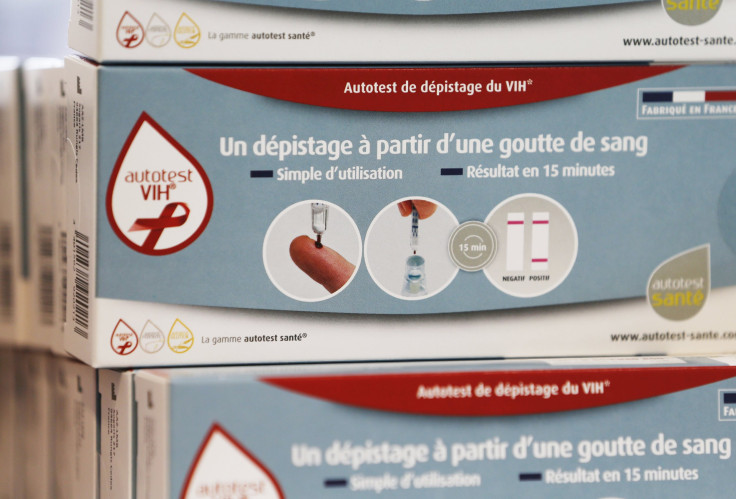Cure For HIV, AIDS Found? Therapeutic Vaccination Could Be 'Functional Cure' In Some Cases

Therapeutic vaccination given to five people infected with HIV may have given them a "functional cure" that could allow patients years of life without drugs, according to research presented last week at the Conference on Retroviruses and Opportunistic Infections in Seattle.
“It’s the proof of concept that through therapeutic vaccination we can really re-educate our T cells to control the virus,” Beatriz Mothe, a clinician at IrsiCaixa AIDS Research Institute in Barcelona, Spain, told reporters. “This is the first time that we see this is possible in humans.”
Researchers said the results need to be confirmed in larger studies, but stressed therapeutic vaccination could help boost the immune system to drive down HIV levels without taking drugs. However, researchers could not confirm for how long this could happen.
About 36.7 million people worldwide were living with HIV in 2015, including about 2.1 million who were newly infected, according to the Joint United Nations Program on HIV and AIDS. In the U.S., 1.2 million people are infected, according to the Centers for Disease Control and Prevention. Despite several efforts, no vaccine to prevent HIV infection has been found so far.
The "functional cure" startegy was carried out by Mothe and her colleagues with an HIV vaccine made by Tomáš Hanke of the University of Oxford in the United Kingdom. The reasearch involved 13 participants who took the vaccination for 3.2 years. All of the participants started treatment within 6 months after becoming infected, helping them keep the HIV in their blood down to undetectable levels on standard tests.
The participants received a series of three shots following which they stopped taking the antiretroviral (ARV) drugs. Within four weeks the virus returned to eight of the participants while five of them went between six and 28 weeks without having to restart treatment.
Steven Deeks, an HIV/AIDS clinician and researcher at the University of California, San Francisco, said this was the first time a therapeutic vaccine trial — out of more than 30 carried out so far — managed to boost the immune system in a “meaningful” way.
“The results are encouraging, but it is difficult to gauge what the effect of the procedure actually was because of the uncontrolled nature of the study and the fact that the people who remain off [ARVs] are, nevertheless, viremic,” immunologist Daniel Douek of the National Institute of Allergy and Infectious Diseases in Bethesda, Maryland, said.
© Copyright IBTimes 2025. All rights reserved.





















